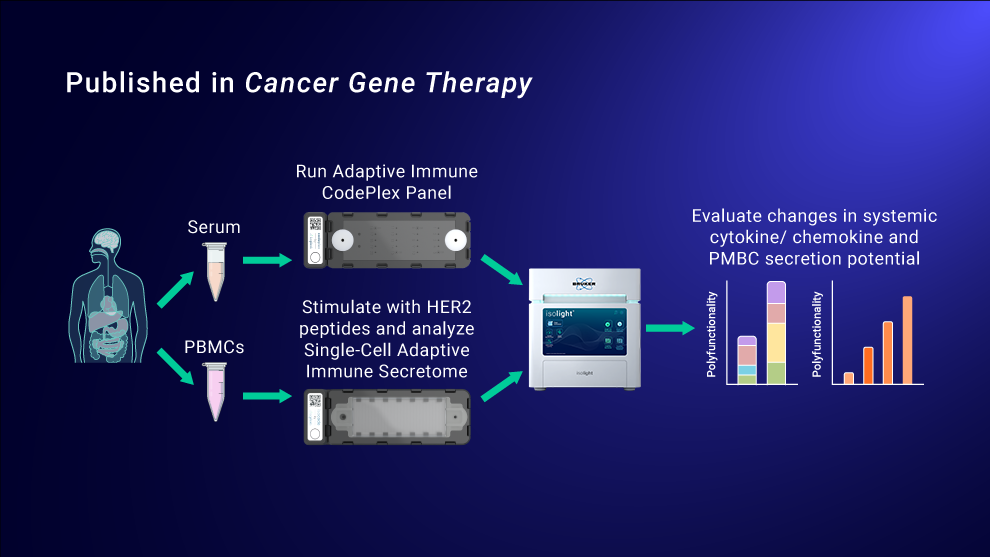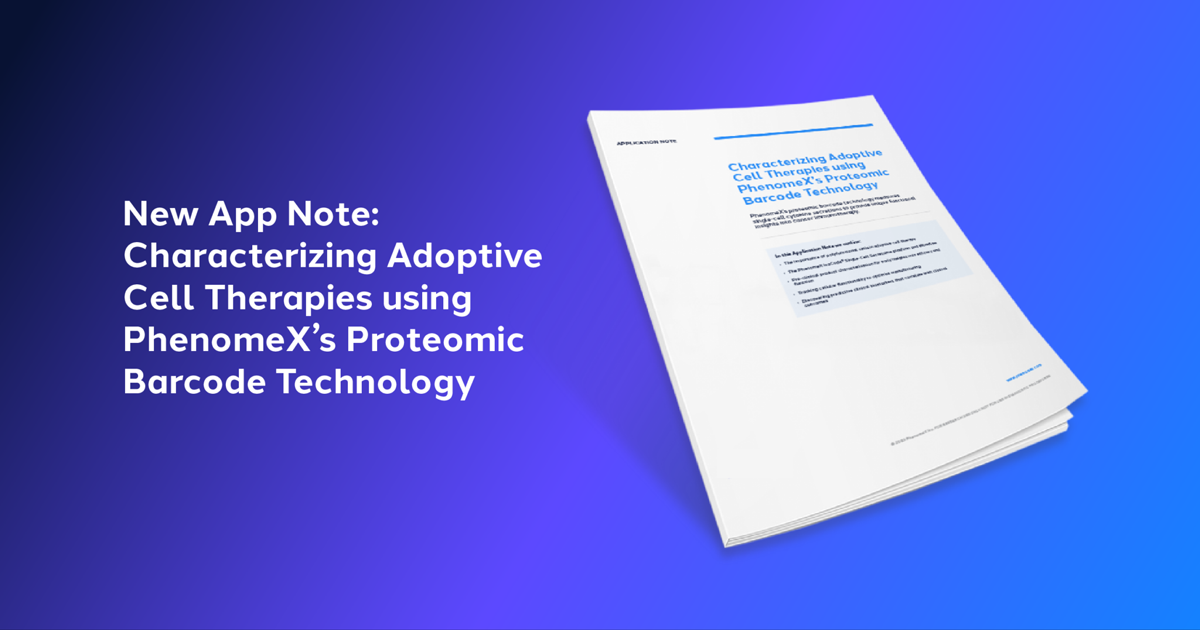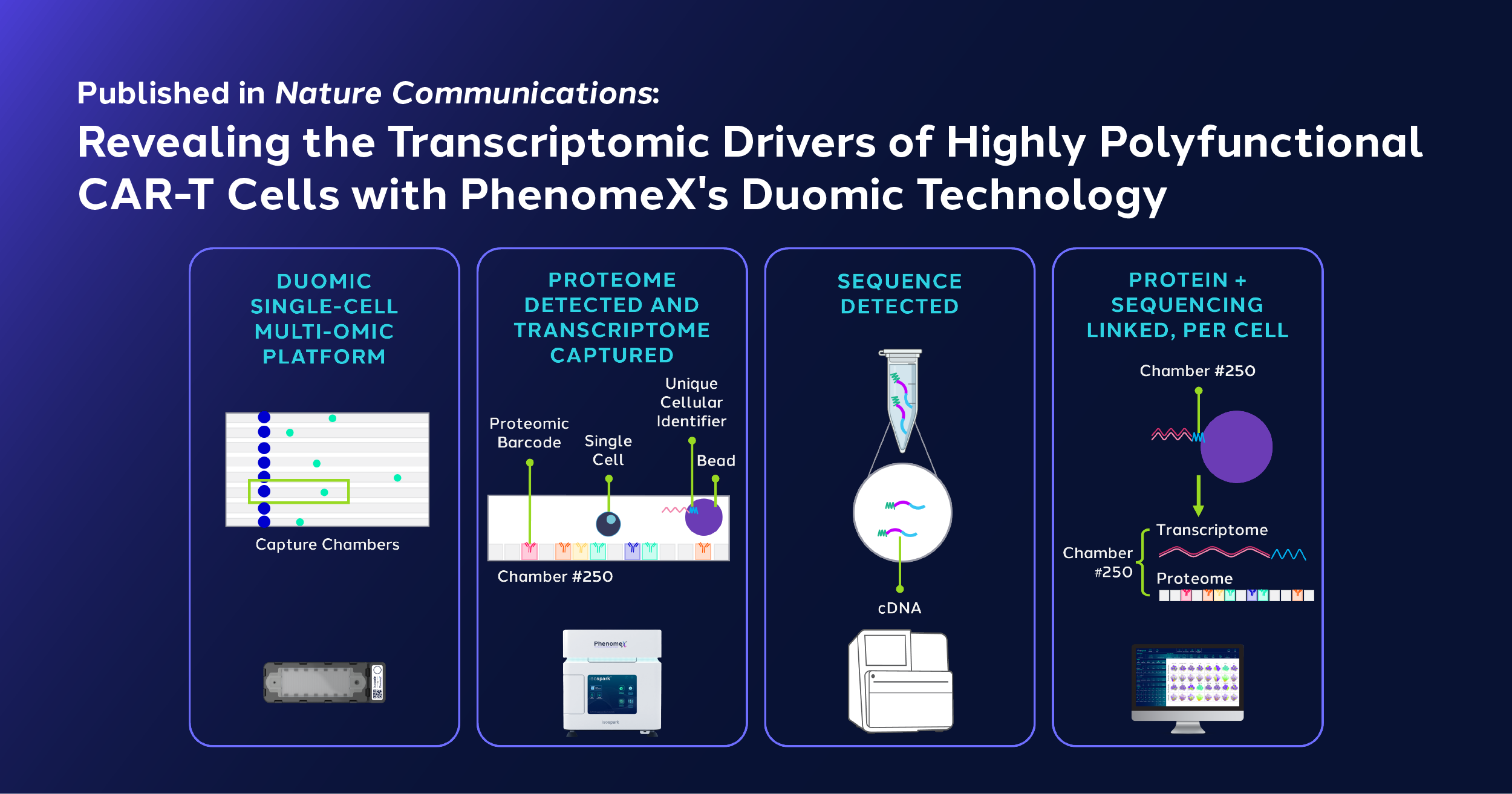The use of therapeutic cancer vaccines is a promising immunotherapy option designed to activate immune effectors against tumor antigens. Research into the use of mRNA as a cancer vaccine platform spans back to the 1990s. Unfortunately, the short half-life of mRNA results in transient protein expression that limits its effectiveness as a cancer vaccine. This […]
Explore Cellular and Regenerative Medicine Articles


Cancer treatments have come a long way in recent years, and adoptive cell therapy (ACT) is at the forefront of this transformation. With promising therapies such as CAR-T, CAR-NK, TCR-T and TIL, ACT is providing renewed hope and improved outcomes for patients. Still, there’s more work to be done. To fully comprehend the potency of […]

While CAR-T therapies have been revolutionary in the fight against cancer, current FDA approvals for these therapies focus on targeting CD19 or BCMA in B-cell malignancies. Unfortunately, of the patients treated, only up to 50% maintain a sustained response in the long-term. Relapse can occur when cancer adaptively limits CD19 or BCMA expression to render […]

